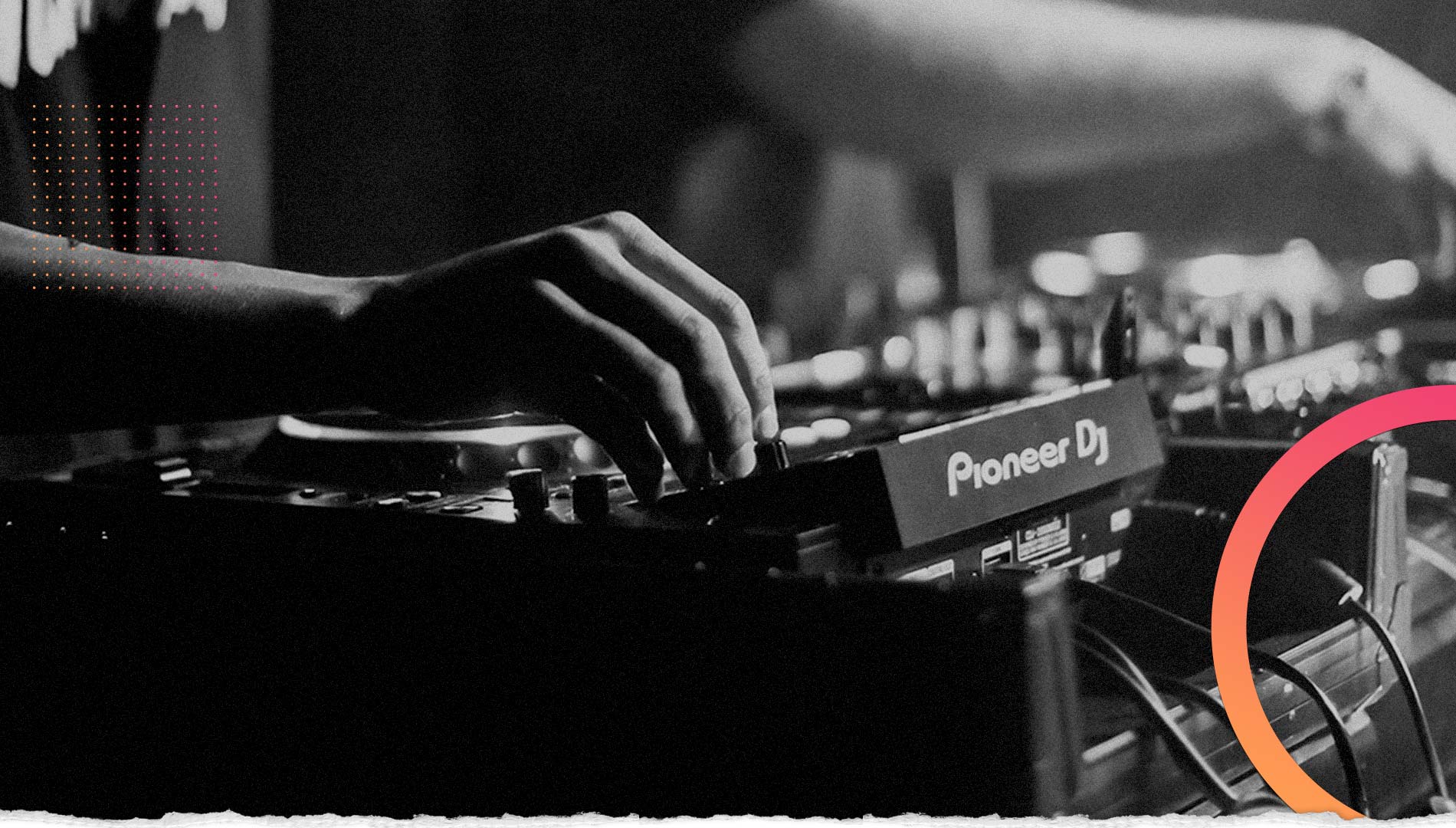Listeners:
Top listeners:
-
 play_arrow
play_arrow
Electromusic FM RADIO ONLINE 24/7
-
 play_arrow
play_arrow
London Calling Podcast Yana Bolder

“Music is the language of the spirit. It opens the secret of life bringing peace, abolishing strife.” — Kahlil Gibran
Unsplash/Representational Image
When was the last time you heard a song and it instantly made you happy? It is a no truth hidden that music holds a prominent position in our lives. Whether it is a happy occasion or a slightly sadder one, music serves as an outlet for self-expression, a source of comfort in times of sorrow, and a catalyst for celebration and joy.
From the rhythmic beats that move our bodies to the enchanting melodies that stir our souls, music has the ability to transport us to different worlds, evoke a sense of nostalgia, and inspire profound reflections. It. Whether we are listeners or creators, music has an indelible impact on our lives, shaping our experiences, influencing our moods, and providing a soundtrack to our most significant moments.
However, music ability to impact our lives is not just limited to such everyday uses. Music’s impact extends beyond mere enjoyment and entertainment—it can be a powerful tool for therapeutic healing.
![]()
What is Music Therapy?

Unsplash/Representational Image
According to American Music Therapy Association, Music Therapy is the clinical & evidence-based use of music interventions to accomplish individualized goals within a therapeutic relationship by a credentialed professional who has completed an approved music therapy program. Music therapy interventions can address a variety of healthcare & educational goals:
1. Promote Wellness
2. Manage Stress
3. Alleviate Pain
4. Express Feelings
5. Enhance Memory
6. Improve Communication
7. Promote Physical Rehabilitation and more
Benefits of Music Therapy
1. Expression and regulation of Emotions: Music therapy provides a safe and non-verbal outlet for individuals to express and regulate their emotions. It can help individuals explore and process feelings of joy, sadness, anger, and anxiety, promoting emotional well-being and self-awareness.
2. Stress Reduction and Relaxation: Listening to soothing music or engaging in musical activities can promote relaxation, reduce stress, and alleviate symptoms of anxiety. Music therapy techniques such as guided imagery and progressive muscle relaxation, combined with calming music, can induce a state of relaxation and promote overall well-being.
3. Improved Mood and Increased Happiness: Listening to preferred music or engaging in musical activities releases endorphins and dopamine in the brain, promoting feelings of happiness, pleasure, and motivation.

Unsplash/Representational Image
4. Enhanced Cognitive Function: Engaging in musical activities such as playing instruments, singing, and rhythmic exercises can improve attention, concentration, memory, and problem-solving skills. Music therapy has been particularly beneficial for individuals with neurological conditions such as dementia, stroke, and traumatic brain injury.
5. Physical Rehabilitation: Music therapy can support physical rehabilitation by incorporating rhythmic patterns, movement, and coordination exercises. Playing instruments or engaging in structured rhythmic activities can improve motor skills, balance, coordination, and overall physical functioning.
6. Social Interaction and Communication: Group music-making activities provide opportunities for individuals to connect, cooperate, and engage with others. It can be particularly beneficial for individuals with autism spectrum disorders, social anxiety, or communication difficulties, as music offers a shared language and a means of expression.
7. Pain Management: Listening to music distracts individuals from pain, reduces anxiety related to pain, and promotes relaxation and a sense of well-being. Music therapy techniques, such as live music interventions or music-assisted relaxation, can be effective in managing pain in clinical settings.
Types of Music Therapies
1. Active Music Therapy: This approach involves active engagement in musical activities such as playing instruments, singing, and movement to achieve therapeutic goals. It can include activities like improvisation, songwriting, and group music-making. Active music therapy focuses on promoting self-expression, enhancing communication skills, and fostering creativity.
2. Receptive Music Therapy: In receptive music therapy, clients listen to carefully selected music chosen by the music therapist. The music is chosen based on its therapeutic properties and the individual’s specific needs. Receptive music therapy aims to evoke emotional responses, promote relaxation, facilitate reflection, and support mood regulation.
3. Nordoff-Robbins Music Therapy: Developed by Paul Nordoff and Clive Robbins, this theory focuses on enhancing communication, social interaction, and emotional well-being through the creation of music. Nordoff-Robbins Music Therapy is often used with individuals who have developmental disabilities or autism spectrum disorders

Unsplash/Representational Image
4. Guided Imagery and Music (GIM): GIM combines music listening with guided visualization to explore and process emotions, memories, and personal experiences. Clients listen to specific pieces of music that are carefully chosen to facilitate a journey of self-discovery and reflection. GIM is often used to address psychological and emotional issues, promote insight, and support personal growth.
5. Neurologic Music Therapy (NMT): NMT is a specialized branch of music therapy that focuses on the therapeutic use of music for individuals with neurological conditions such as stroke, Parkinson’s disease, or traumatic brain injury. NMT techniques are designed to improve motor skills, speech and language abilities, cognitive functioning, and emotional well-being through rhythm, melody, and movement interventions.
6. Music-Assisted Relaxation: This approach combines music with relaxation techniques to induce a state of deep relaxation and reduce stress. It often involves slow, calming music, combined with breathing exercises, progressive muscle relaxation, or guided imagery. Music-assisted relaxation can be beneficial for managing anxiety, promoting sleep, and enhancing overall well-being.
7. Psychodynamic Music Therapy: This approach draws from psychodynamic theories and uses music to explore unconscious emotions, promote insight, and facilitate emotional healing. It focuses on the client-therapist relationship and uses music as a tool for self-expression, reflection, and therapeutic exploration.
Written by: Soft FM Radio Staff
Considered Language music spirit Therapy
Similar posts
Electro Music Newsletter
Don't miss a beat
Sign up for the latest electronic news and special deals
EMAIL ADDRESS*
By signing up, you understand and agree that your data will be collected and used subject to our Privacy Policy and Terms of Use.
Podcast episodes
 Invalid license, for more info click here
Invalid license, for more info click here
Copy rights Soft FM Radio.




